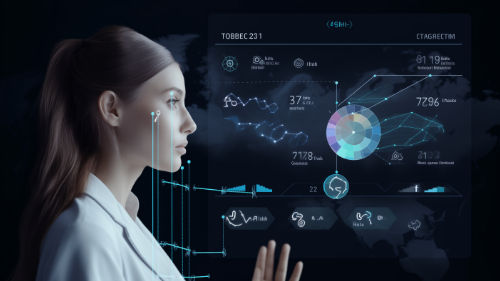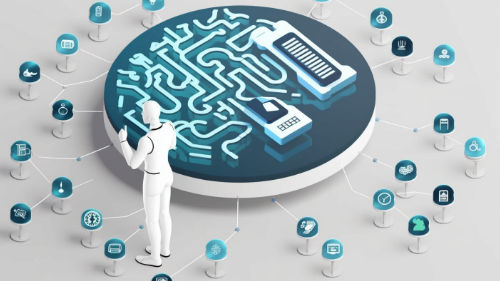Artificial Intelligence in Healthcare
In the world of healthcare, precision and relevance of information are vital. Generative language models (LLM), such as those in the GPT family, have emerged as powerful tools, but their application in healthcare goes beyond mere general knowledge. In fact, they are primarily used as advanced user interfaces, providing access to specific and verified information. A key use case in healthcare is in the insurance and pharmaceutical sector, where it is crucial that the responses provided come from specific and…

In the world of healthcare, precision and relevance of information are vital. Generative language models (LLM), such as those in the GPT family, have emerged as powerful tools, but their application in healthcare goes beyond mere general knowledge. In fact, they are primarily used as advanced user interfaces, providing access to specific and verified information.
A key use case in healthcare is in the insurance and pharmaceutical sector, where it is crucial that the responses provided come from specific and authorized documents, rather than relying on the broad knowledge that an LLM might have. This ensures that the information shared is not only accurate but also legally viable and specific to the case in question.
For example, in managing inquiries about insurance coverage, LLMs can filter and present relevant information from specific documents, avoiding generalization and errors. This translates into a better experience for the end user, ensuring quick and precise responses, fundamental in medical situations.
Furthermore, this specialization in the use of LLMs in healthcare emphasizes the importance of data quality and source of information. By depending on verified and authorized sources, LLMs become a reliable extension of the healthcare professional's knowledge, thus improving patient care and the efficiency of the healthcare system.
This precision and effectiveness are particularly crucial in situations where rapid and well-founded decision-making can have a direct impact on patient health. AI does not replace the medical professional but complements them, providing an additional tool for analysis and decision-making.
In conclusion, AI in healthcare is a fusion of advanced technology and complex human needs. As the industry continues to evolve, the role of LLMs as facilitators of accurate and relevant information will continue to be a fundamental pillar in the continuous improvement of healthcare.
